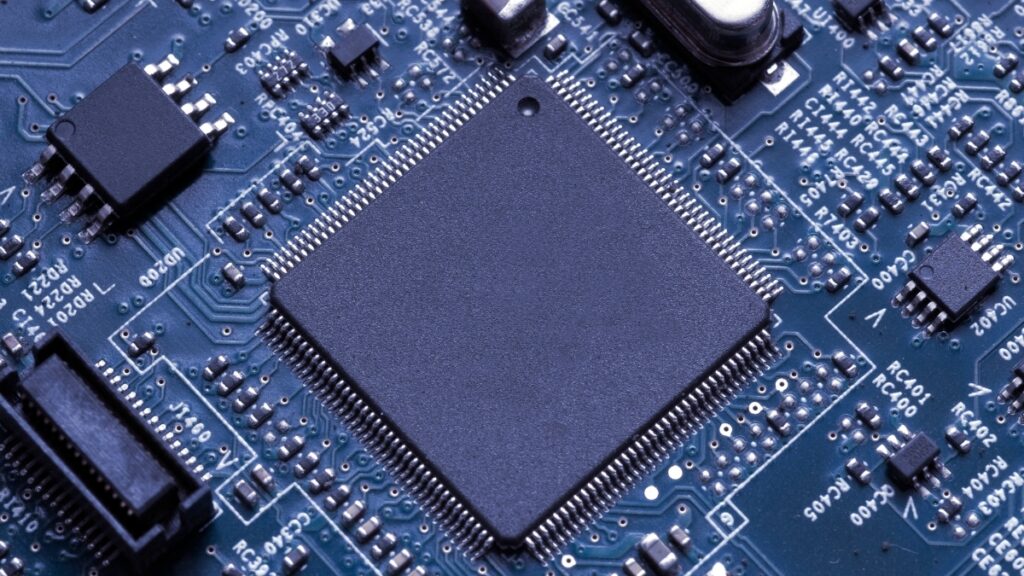
In 2025, Microsoft introduced Majorana 1, a quantum chip that takes a different route from mainstream efforts. While others focus on adding more traditional superconducting qubits, Microsoft has opted for a quieter but more stable method: topological qubits.
The chip is named after the Majorana fermion, a rare particle that behaves as both matter and antimatter. By encoding data into pairs of these particles, Majorana 1 is designed to be more stable and less error-prone—a serious problem with other quantum systems.
Unlike superconducting or ion-trap systems that have dominated the quantum race so far, Majorana 1 is based on a topological approach. This means:
This isn’t about just adding more qubits. It’s about building better ones; something that’s been missing from most large-scale efforts so far.
“This is our focus: When productivity rises, economies grow faster, benefiting every sector and every corner of the globe.
It’s not about hyping tech; it’s about building technology that truly serves the world.”
— @satyanadella on X
This isn’t just corporate optimism—it’s a recalibration of what’s computationally possible. Classical computers, even at their most powerful, are fundamentally limited by linear logic and brute-force processing. Quantum computing, by contrast, is built to handle problems that scale beyond exponential complexity—climate simulations with billions of interacting variables, drug discovery that maps quantum-level molecular behavior, optimization puzzles in global logistics, finance, and energy that defy traditional modeling. These aren’t just tough problems; they’re unsolvable ones, until now. The promise of quantum isn’t speed—it’s access. Access to a layer of reality and reasoning that current machines can’t reach. And with chips like Majorana 1, we’re beginning to tap into that layer, not hypothetically, but tangibly.
A topological state is a special kind of quantum state that’s protected from external interference. In everyday terms, it’s like writing your data in ink that doesn’t smudge, even when the paper is moved around.
This makes topological qubits—like the ones used in Majorana 1—less prone to common quantum computing problems like decoherence and instability.
At Ooptiq, we value this principle in our work: building systems that are reliable, consistent, and less likely to break under pressure. Whether we’re designing web platforms, automating SEO, or managing high-volume analytics, we aim to create digital infrastructure that holds up under real-world demands.
Majorana 1 is Microsoft’s quantum chip based on topological qubits. It’s designed to be more stable and error-resistant, setting it apart from other quantum chips that rely on fragile qubit systems.
Topological states are more resilient to noise and errors. This makes them ideal for building stable, scalable quantum machines that can handle real-world workloads.
Most existing quantum chips use fragile qubit systems that require complex error correction. Majorana 1 aims to simplify this by using Majorana fermions, which are more stable and efficient by design.
Not quite, but we are approaching a turning point. Quantum computers, once powerful enough, could break many of the encryption methods used today. However, cryptographers are already developing post-quantum cryptography (PQC) – new encryption standards based on problems even quantum computers find difficult to solve.
Organizations like NIST and the NSA are actively working on quantum-resistant protocols. Microsoft’s progress with Majorana 1 speeds up the timeline, which means the shift to quantum-safe encryption needs to begin now, especially for financial institutions, healthcare systems, and data-heavy industries.